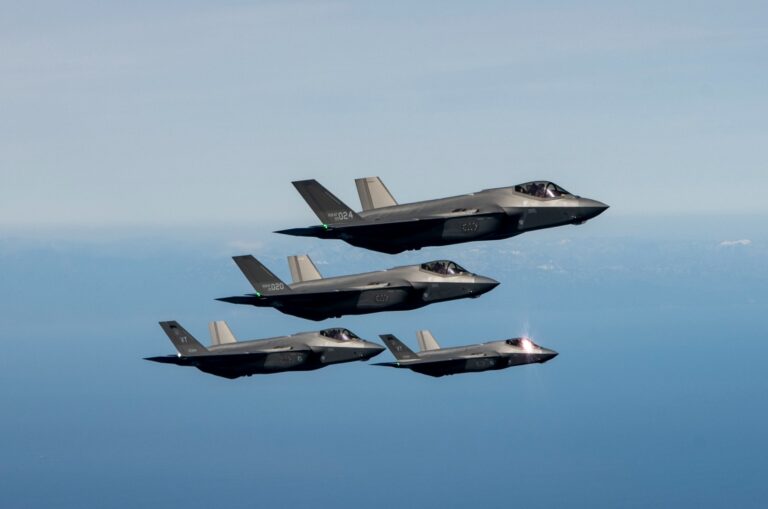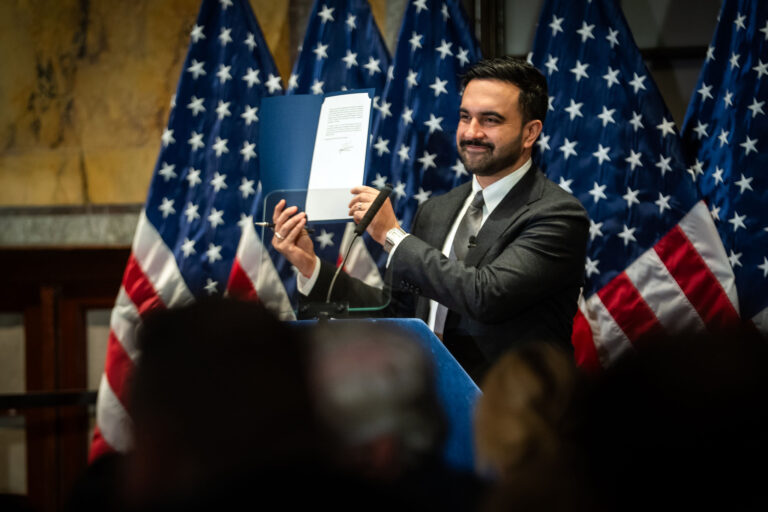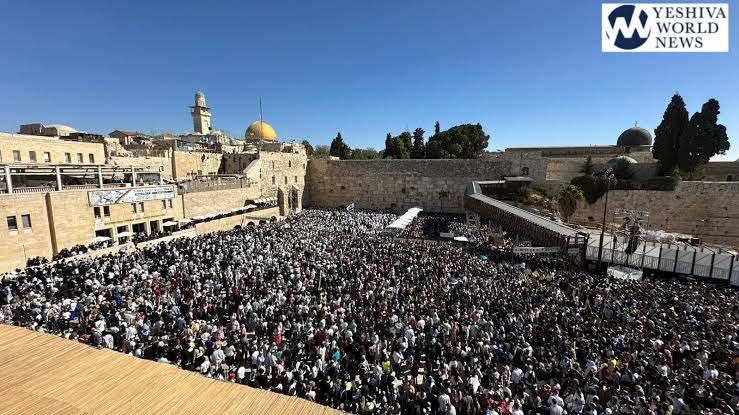By Rabbi Yair Hoffman
Move over Toyota Sienna and Honda Odyssey – the Hyundai Santa Fe is fast becoming the go to new car in the frum world. This, of course, brings up an interesting question: May a person plan to purchase a new car during the Sefirah period?
THE WORDING OF THE MISHNA BRURAH
The Shulchan Aruch (OC 493:1) tells us that during this period it is our custom not to conduct weddings. The Mishna Brurah explains that one should not partake in matters of great joy. “Nonetheless,” he writes, “if it happens that one has the occasion to recite a Shehecheyanu, then he may do so.”
This sentence written by the Chofetz Chaim in the early twentieth century has developed a surprising amount of halachic literature over the years.
What exactly did he mean by the term “if it happens?”
RAV KARELITZ’S VIEW
Rav Nissin Karelitz zt”l (in his Chut HaShani halachic work cited in the Dirshu Mishna Brurah) explains that the Chofetz Chaim means that one should not plan one’s happy purchases to occur during this time. For example, an application of this pshat would be – if one wished to purchase a new car, one should not, at the outset, plan to purchase the car during the Sefirah period. If, however, one’s previous car has developed problems and a new car purchase is necessary, then, of course, one may make the purchase.
RAV CHAIM KANIEVSKY’S VIEW
Rav Chaim Kanievsky zt”l disagrees. He explains that the language utilized by the Chofetz Chaim here is “lav davka” not precisely worded. He writes that there is no problem at all in reciting Shehecheyanu blessings during the Sefira period. Rabbi Ben Tzion Abba Shaul zt”l and Rav Shlomo Zalman Auerbach zt”l also agreed with this reading of the Mishna Brurah. Thus, during the mourning period of the Sefira, one may recite a Shehecheyanu with no qualms. This period is different then the Three Weeks that occur during the summer where Shehecheyanus should be avoided.
THOSE WHO DISAGREE WITH THE MISHNA BRURAH
Not everyone, however, agrees with the Mishna Brurah permitting the recitation of a Shehecheyanu during the mourning period of Sefirah. The Divrei Malkiel as well as numerous other Poskim do write that one should avoid reciting shehecheyanu blessingss during this time. The custom of Klal Yisroel, however is to be lenient and follow the ruling of the Mishna Brurah.
SHEHECHEYANU VERSUS HATOV V’HAMAITIV
There is another issue too. Whenever we make a new and exciting purchase there are two possible brachos that may be recited. At times we recite a “Shehecheyanu” and at times we recite a “Baruch HaTov veHamaitiv.” The Shulchan Aruch (OC 222:1; 175:4 and elsewhere) tells us that “Baruch HaTov VeHamaitiv” is recited when someone else also benefits from the item. A “Shehecheyanu” is recited when only one person benefits from the item.
Thus if two or more people are benefiting, which is usually the case when purchasing a family car, then a “Baruch haTov veHameitiv” is recited instead of a “shehecheyanu.”
Would this make a difference to the followers of either Rav Nissin Karelitz or those who have the stringent view?
TWO VIEWS ON THE NATURE OF THE ISSUR
Perhaps it might. The reason is that the words of the bracha of Shehecheyanu indicate an expression of thanks for having allowed us to reach this “special” time. The problem is that the tragic losses we as a nation have experienced may make this time period not so “special.” Regarding the Three Weeks, the Mogain Avrohom (551:42) explains that the idea of not reciting a shehecheyanu is because of the wording, and not because of the idea of mourning. He writes, “However, the reason is not on account of mourning, for we do not find that a mourner is forbidden in reciting a shehecheyanu.” Presumably, the same logic and may apply to the Shehecheyanu. Thus according to the Mogain Avrohom one may be permitted to plan to purchase a family car even at the outset.
Not everyone agrees with the Mogain Avrohom’s contention that it is the Shehecheyanu that is the issue rather than the underlying purchase. The Maamar Mordechai, in fact, (also discussing the three weeks in 551:12) rules that the reason the blessing is not recited is, in fact, because of our mourning and pain. Rav Moshe Feinstein Zatzal discusses the purchase of cars during the Three Weeks in his Igros Moshe (OC III #80) and rules in accordance with the aforementioned Mogain Avrohom and not the Maamar Mordechai.
A LEASE
One final thought. Even for those who wish to follow the more stringent view of Rav Nissin Karelitz that the purchase cannot be planned at the outset, one may, however, decide to lease a car. After a lease, one does not end up owning the car and therefore there would be no Shehecheyanu recited. The very low interest rates that are available now for new car purchases are currently a deterrent to the idea of leasing.
So who do we follow? What is the bottom line halacha? It would seem that the majority of Poskim understand the Chofetz Chaim’s words as permitting the purchase of a Shehecheyanu during this time and even permit the planning of making such a purchase during this time as well.
The author can be reached at [email protected]












One Response
In Shulchan Oruch (Magen Avrohom, Taz, Elya Rabba, S.A.HaRav), there is no mention of avoiding “Shehecheyanu”. There are only 2 Issurim: (1) Haircuts & (2) Chasunahs & Simchas with music. The Posek HaDor, Rav Wosner zt”l, says that playing music is an extension of Chasunas, and is forbidden. However, he also maintains that Shehecheyanu is allowed, and only not allowed during the “3 weeks” [personally heard from his son]. The Chumrah of not saying Shehecheyanu stems from the Ariz”l, who suggests making it on Shabbos, but this is only a Chumrah B’Almah, and not standard Halacha.